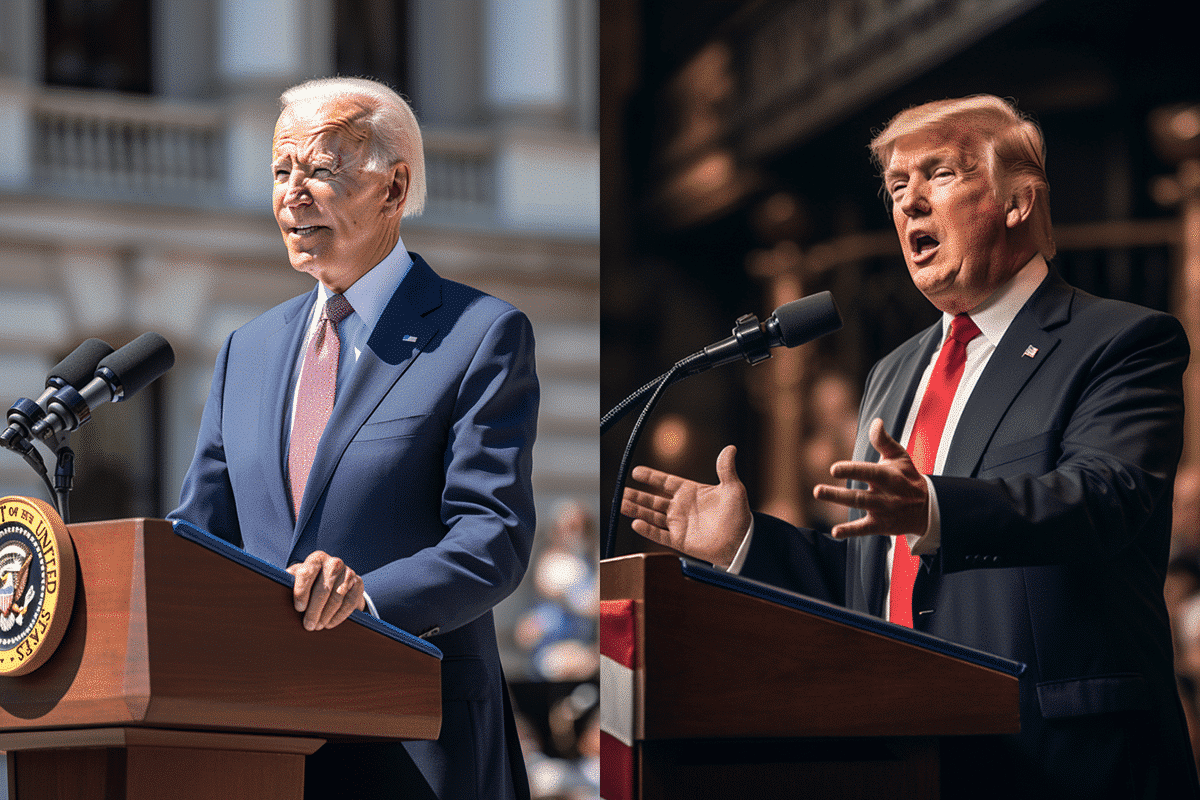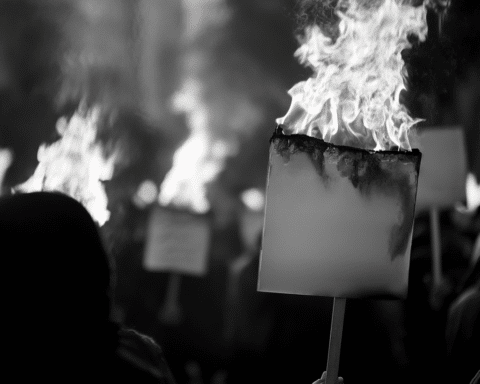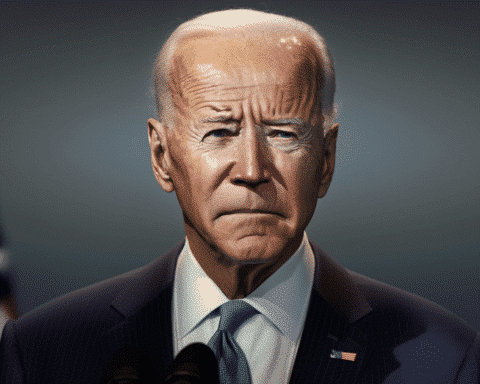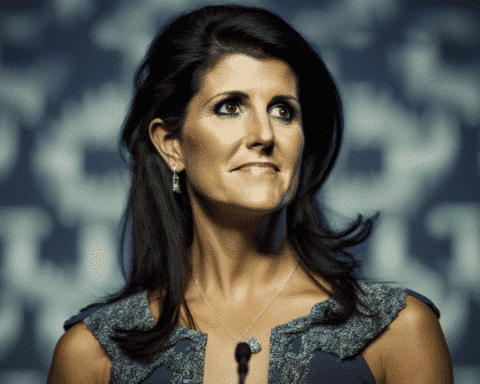In a surprising turn of events, President Joe Biden and former President Donald Trump have reached a tentative agreement to participate in two presidential debates, scheduled for June and September. However, while both candidates have expressed willingness to engage in these debates, key details such as the format, location, and rules are yet to be ironed out, indicating potential challenges ahead.
The agreement to debate comes after President Biden announced his decision to forego participation in the fall debates organized by the nonpartisan Commission on Presidential Debates, citing concerns over the commission’s handling of the debates during the 2020 election cycle. Instead, Biden’s campaign has proposed that media outlets directly organize the debates, with the first scheduled for late June and the second in September before early voting begins.
Trump, responding to Biden’s proposal, expressed his readiness to debate at the proposed times. However, both campaigns appear to have significant differences on crucial aspects of the debates, including the selection of media partners, moderators, venue size, and rules governing the proceedings.
While Biden’s campaign has advocated for one-on-one debates between the main candidates, excluding third-party contenders, Trump has pushed for more debates and a large live audience, emphasizing the need for excitement and voter engagement.
The Biden campaign has also suggested hosting the debates at venues previously used for primary debates by both Republican and Democratic candidates, aiming to avoid any perceived bias from the hosting organization.
Despite the agreement on the debate schedule, tensions between the two camps and their dissatisfaction with the Commission on Presidential Debates are evident. Both campaigns have criticized the commission for issues such as inconsistent rule enforcement and scheduling conflicts, leading to a breakdown in trust between the parties involved.
Furthermore, the criteria for third-party candidates’ participation in the debates have not been updated, raising questions about the inclusivity of the debate format in reflecting the diversity of political viewpoints.
As the debate negotiations continue, Biden and Trump have engaged in a war of words on social media, with each candidate claiming victory in their previous encounters and questioning the other’s debating skills. However, amidst the political posturing, the American electorate awaits clarity on the details of the upcoming debates, eager for a substantive exchange of ideas and policy proposals.
The outcome of these debates could have significant implications for the upcoming election, providing voters with an opportunity to assess the candidates’ positions on key issues and their ability to lead the nation forward.
With the specter of uncertainty looming over the debate negotiations, both campaigns must prioritize transparency and collaboration to ensure a fair and constructive exchange that serves the interests of the American people.
In the coming weeks, as the debate details are finalized, all eyes will be on Biden and Trump as they prepare to face off in what promises to be a pivotal moment in the 2024 presidential race.




